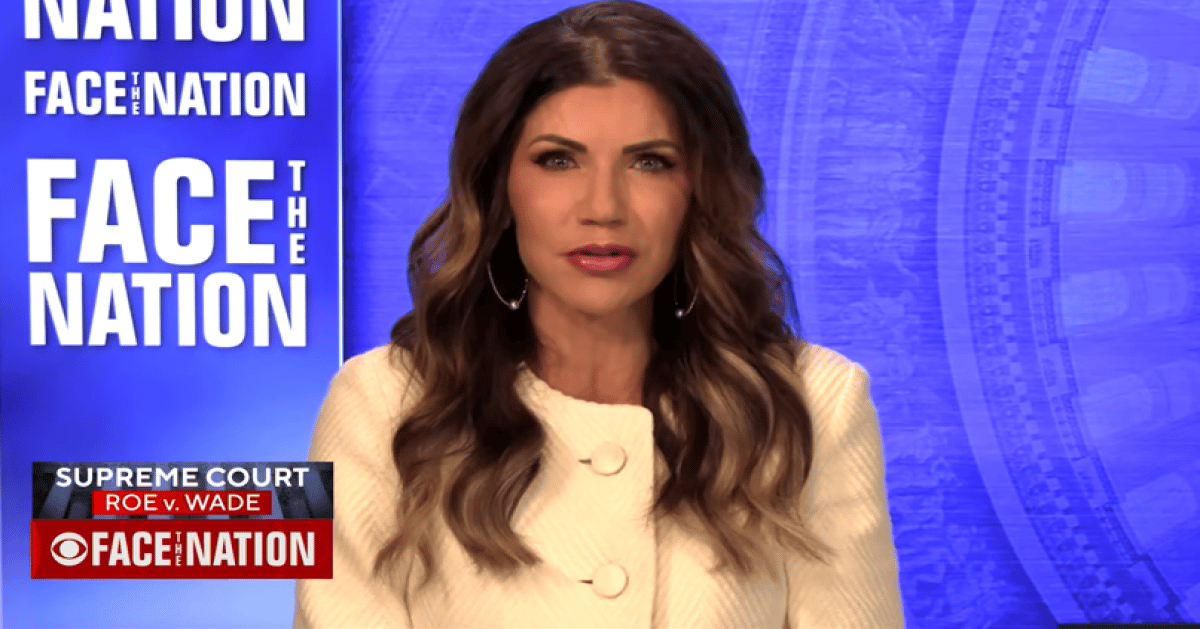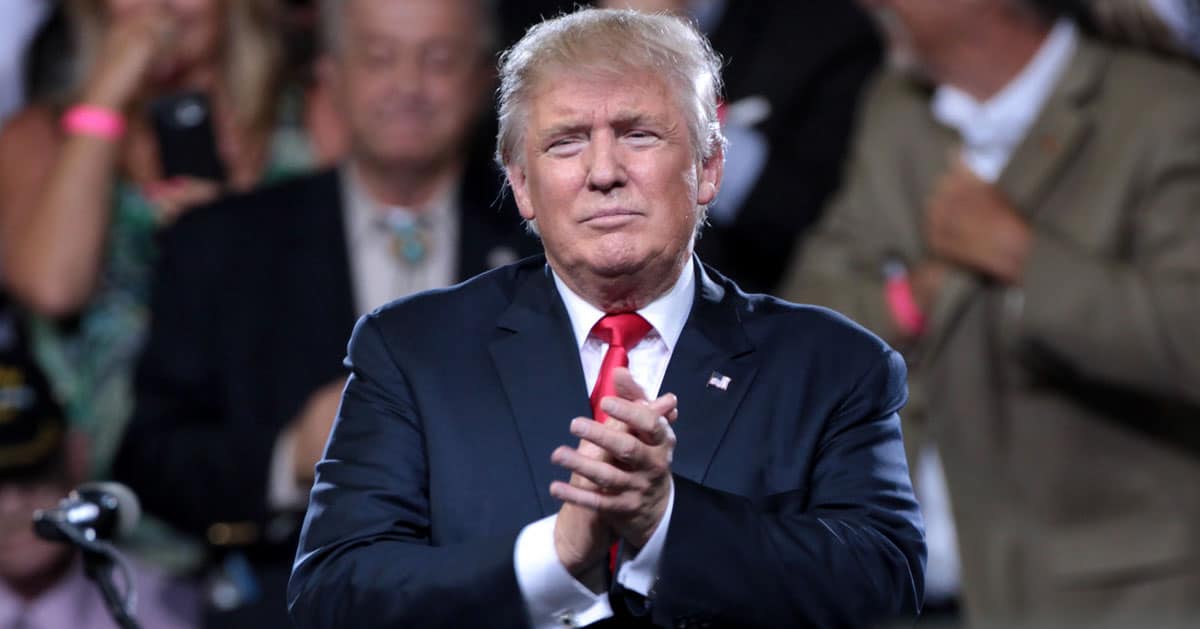





Another drug boat bites the dust in a fiery reminder that America’s patience with narco-traffickers has run out. On Friday, President Donald Trump confirmed a successful drone strike in the United States Southcom region, targeting a vessel suspected of smuggling dangerous narcotics like fentanyl into the country. This isn’t just a strike; it’s a statement.
Just The News reported that President Trump revealed that the operation, carried out in international waters within Latin America’s sphere, resulted in the deaths of three male individuals labeled as "narcoterrorists," while ensuring no harm came to U.S. forces.
Let’s not mince words: the flow of deadly drugs like fentanyl into our communities is a crisis that soft-handed policies have failed to curb.
The administration has made it clear that previous efforts to stop this poison at the border have fallen flat. It’s no surprise, then, that Trump is turning to decisive action over diplomatic dithering.
This isn’t the first time the President has flexed military muscle against drug trafficking. Less than a month ago, strikes were launched on ships originating from Venezuela, suspected of similar illicit activities. Clearly, the message is being sent that no vessel is safe if it’s peddling death to American streets.
The origin of this latest targeted boat wasn’t disclosed, but intelligence identified it as trafficking narcotics along a notorious smuggling route. That’s not speculation—it’s a fact straight from the top. When the stakes are this high, hesitation isn’t an option.
Trump took to Truth Social to lay out the mission in no uncertain terms, stating, "On my Orders, the Secretary of War ordered a lethal kinetic strike."
That’s the kind of leadership that cuts through the bureaucratic fog of endless task forces and failed negotiations. While some might clutch their pearls over such directness, many Americans are tired of seeing their neighborhoods ravaged by addiction.
The President didn’t stop there, adding that the vessel was "transiting along a known narcotrafficking passage en route to poison Americans."
If that doesn’t wake up the crowd still dreaming of “harm reduction” fantasies, what will? The reality is, these operations are about protecting lives, not scoring political points.
Also on Truth Social, Trump confirmed, "The strike killed 3 male narcoterrorists aboard the vessel." It’s a grim outcome, but one has to ask: what’s the alternative when dealers are hell-bent on flooding our country with poison? Sitting back and hoping for the best hasn’t worked, and it never will.
Secretary of State Marco Rubio, speaking to the Associated Press earlier this month, put it bluntly: “What will stop them is when you blow them up.” That’s not diplomatic nicety—it’s the hard truth of dealing with those who profit from misery. While the left might decry such language, most Americans just want results, not rhetoric.
The fact that this strike occurred in international waters shows the reach and resolve of U.S. forces under Trump’s command.
No U.S. personnel were harmed, a testament to the precision and planning of these operations. That’s the kind of competence that reassures a nation weary of endless crises.
Critics will undoubtedly argue that military strikes are an overreach, but let’s be real: when cartels operate like terrorist networks, treating them with kid gloves is a recipe for disaster. The administration’s stance is clear—drug trafficking isn’t just a crime; it’s a direct attack on American safety. And attacks demand a response.
This latest operation builds on a pattern of escalating action against vessels suspected of smuggling drugs into the U.S. It’s a shift from the days of passive interdiction to active deterrence. For communities drowning in the opioid epidemic, that shift can’t come soon enough.
Some may question whether such strikes address the root causes of drug trafficking, and that’s a fair debate. But when lives are on the line right now, immediate action to stop the flow of fentanyl and other narcotics takes precedence over long-term theorizing. Theory doesn’t save lives; results do.
President Trump’s approach signals a zero-tolerance policy for those who would “poison Americans,” as he so starkly put it. While progressive policies often focus on decriminalization and rehabilitation, there’s a growing chorus of Americans who believe the supply side of this scourge must be crushed first. It’s not about lacking compassion—it’s about prioritizing survival.



